The number of early-stage startups in Australia has fallen over the last year, with the 2018 Startup Muster report finding the number of active startups fell 12.5 percent from 2017 to 2018.
The finding comes with Startup Muster this year working with Data61 to produce this year’s report and create an estimate on the overall number of startups in Australia: 1,465, down from 1,675 in 2017.
Murray Hurps, cofounder and chair of Startup Muster, said while support from government and other organisations over the last few years had helped spur the launch of new startups, this support for and promotion of the startup ecosystem has waned.
“This is an incredibly surprising result after four years of positive results, and a sign Australia could now be entering a post #ideasboom age. We need a focus on supporting the creation of new startups, the talent pipelines to feed them, and the environment for them to succeed in,” he said.
With over 770 startup founders, 321 future founders, and 654 startup supporters counted in Startup Muster’s final validated dataset, the report found the ratio of women founders surveyed has also dropped in the last year, down from 25.4 percent to 22.3 percent
However, 37.1 percent of future founders are women, while 31 percent of startups have one or more women on their founding team.
Looking at how cofounders met, almost a quarter stated they worked together, while 9.8 percent have founded their startup with their life partner, and 8.4 percent met their cofounders at university.
General business operations and strategy were the top skills among founding teams, represented in 56 percent and 55 percent of startups respectively. Software development, meanwhile, came in third with just under 50 percent of founding teams boasting this skill, and project management in fourth with 45.5 percent.
According to the report, the majority of founding teams are splitting their equity equally; 8.1 percent of respondents had split equity based on each cofounder’s financial investment, and 7.3 percent based on a cofounder’s contribution to the business.
The location of startups has largely followed the same pattern as last year, with NSW home to the primary office of almost 49 percent of startups, Queensland home to just under 20 percent, and Melbourne home to 13.4 percent.
Selling subscriptions remains the top revenue source for startups, with 35 percent of respondents bringing in money this way. Just over 10 percent are making money from purchases via their website, while 9.4 percent are selling services by the hour.
Almost 10 percent of startups had revenue of $1 million or more in the past 12 months, while over 30 percent had no revenue in the same period. The majority – 71 percent – of startups are working in the B2B space, with 45 percent software-as-a-service (SaaS).
Looking at which industries or fields startups are working in, artificial intelligence has made a significant jump from 2017 to overtake fintech: 20.6 percent of respondents are working in AI, up from 14.5 percent in 2017.
Meanwhile, the number of respondents working in fintech is down from 19.7 percent to 18.1 percent, with education and Internet of Things next in line. Internet of Things, however, is the space most commonly targeted by supporters, with 40 percent of supporters who responded to the survey working in this space.
Examining what kind of support the startup founders need, the report found that while almost 50 percent of respondents are currently trying to raise funding and almost 58 percent plan to raise within the next 12 months, the most common need for startups is, interestingly, media exposure, with 42.1 percent of respondents citing this as a need.
Mentorship is next in line, with 40.4 percent of respondents highlighting their need for mentorship, and seed investment a need for 36.6 percent.
Over 33 percent of founders wish they had marketing skills in their founding team.
Looking ahead to the next 12 months, a large portion of founders will be looking to grow beyond Australia: 41.1 percent plan to expand their sales ‘significantly’ outside Australia, while 28.4 percent plan to raise capital overseas, and 21.2 percent will look to take part in a program overseas.
Featured Image: City of Melbourne/That Startup Show/Photographer Wren Steiner












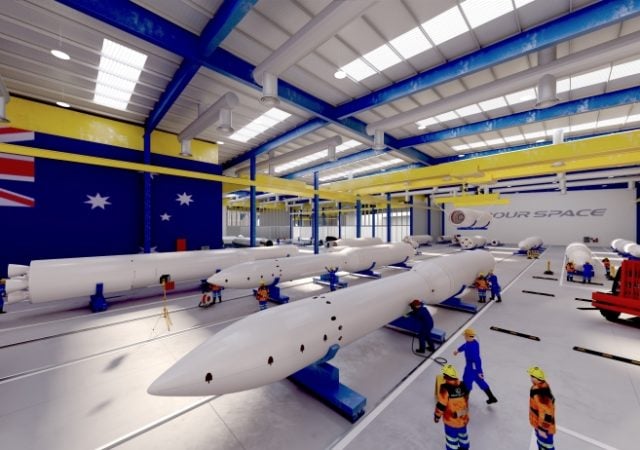

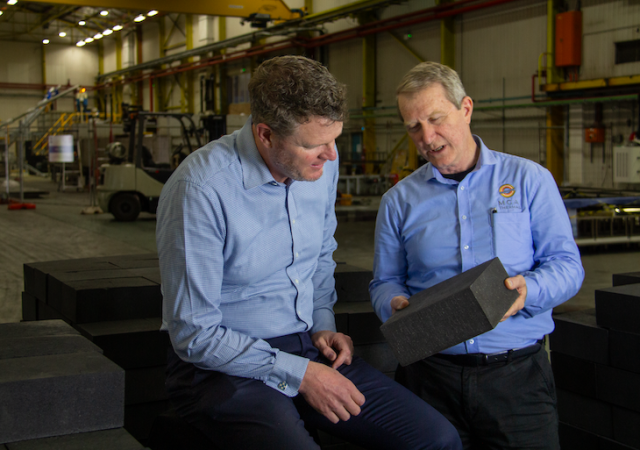


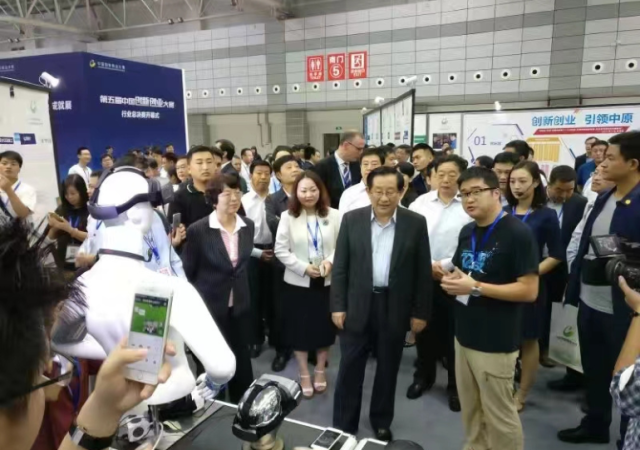
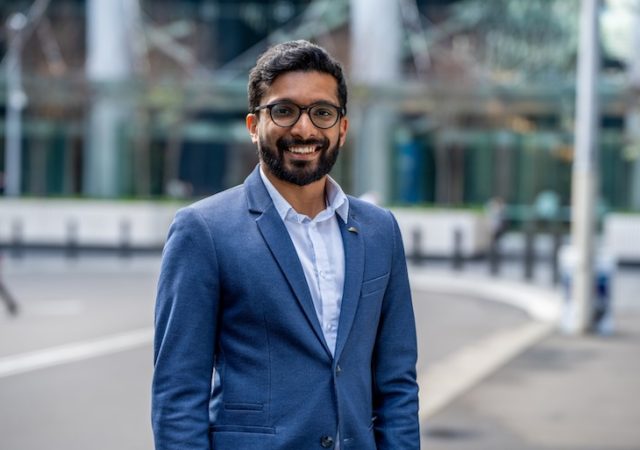
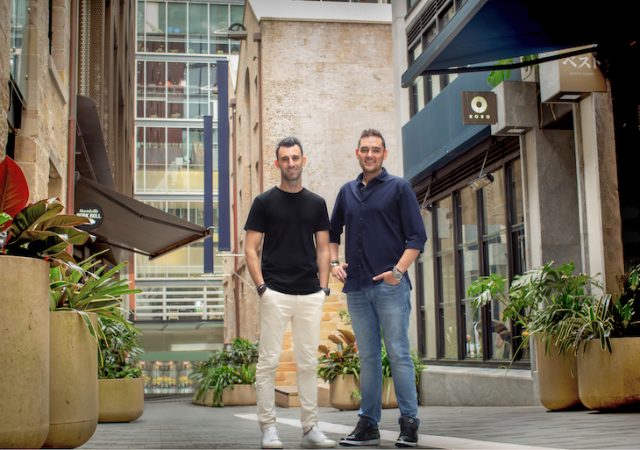
Trending
Daily startup news and insights, delivered to your inbox.